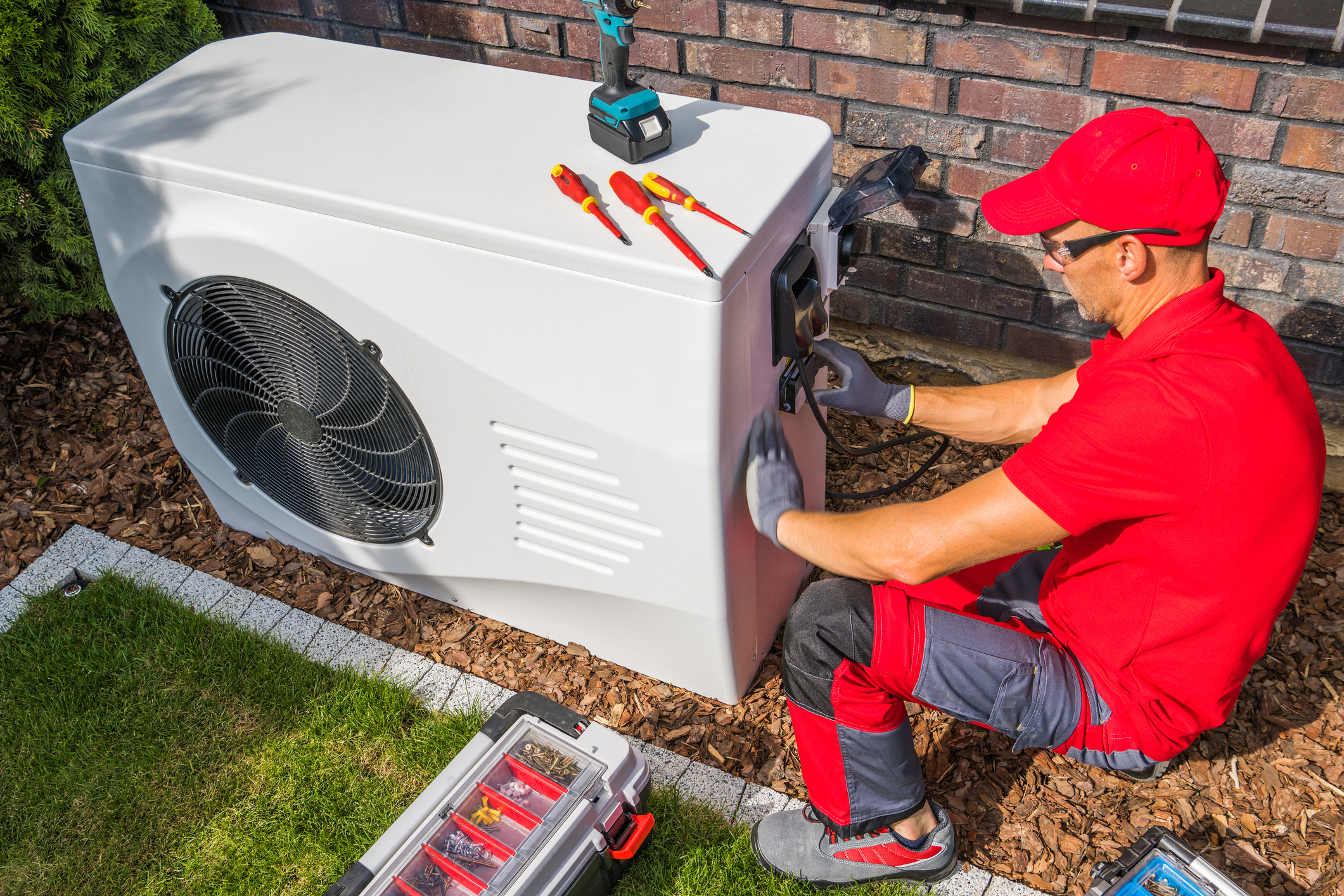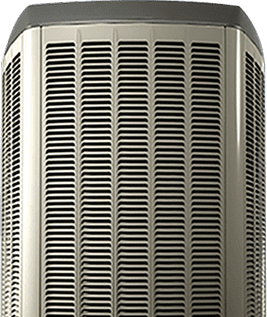How does a heat pump work in winter

How Does A Heat Pump Work In Winter
During those cold Ontario winters, the heating system in your home is an asset. But, like any home appliance, as your heating system ages, it becomes less efficient and more costly to maintain over time. So, if you’re in the market for a new heating system for your home and have done your research, you may have already come across heat pumps. And naturally, you may have some questions regarding these types of HVAC systems, like “How does a heat pump work in the winter?” Therefore, before installing one in your home, the team at Anchor Home Comfort is here to break down the ins and outs of heat pumps so you can get a better idea about whether to move ahead with your installation!
What are the disadvantages of a heat pump?
If you’re thinking about installing a heat pump in your home, it’s important that you understand the advantages and disadvantages that come along with this type of heating system. Here is a closer look at some drawbacks we think you need to be aware of:
Beyond their inability to function efficiently in frigid temperatures, another concern a lot of homeowners have is that they are more costly to install than other heating systems like boilers and furnaces. However, it’s worth noting that this doesn’t have to be the case for you. In fact, if you live in Ontario, the government of Canada is offering up to $5000 in rebates if you switch from a traditional heating system to a heat pump. This is because they are a lot more efficient and environmentally friendly. There are also rebates available for an EnerGuide evaluation which can help you save an additional $600. Additionally, HVAC companies like Anchor Home Comfort are happy to offer even more in savings with several discounts and financing options available that can help significantly reduce your costs!
So, if you live in the following cities in Ontario such as Ottawa, Arnprior, Embrun, Clarence, Cumberland, Manotick, Bishop Mills, Orleans, Rockland, Casselman, or Gloucester, we encourage you to reach out to find out more about how you can save on initial costs!
Lastly, because heat pumps require an interior and exterior compartment to function, they require more space. So, if you live in an apartment or area with no outdoor space, installing a unit may be trickier and unsuitable for your property.
When it’s freezing outside, how do heat pumps work? Can they run properly?
When conditions fall below freezing, it’s expected that you’re nervous regarding how your heat pump will perform. Heat pumps can still function correctly in such circumstances, as long as it doesn’t drop below -20 degrees Celsius, which, you’ll be happy to know in Ontario, temperatures never do.
Here’s how heat pump systems work in subzero temperatures: They absorb heat from the surrounding air and transfer it inside to heat your home. Modern heat pumps, on the other hand, are outfitted with technological advances which enable them to function effectively in cooler temperatures.
If the outdoor temperature drops below a certain threshold, the heat pump may switch to a backup heat source, such as electric heating or a gas furnace, to keep your house warm. This is referred to as “supplemental heating.” It is critical to understand that using supplemental heating can increase the amount of energy you use and your utility costs.
Overall, while heat pumps can function effectively in subzero temperatures, it is critical to select the right heat pump for your residence and keep it properly maintained. An HVAC technician can also help you decide on the best heating solution for your home and your unique needs.
What temperature does a heat pump stop working at?
Most heat pumps operate effectively until the temperature drops below -20 degrees Celsius. Following that, they might need additional heat sources to keep your home at an appropriate temperature. Electric heating elements or a gas furnace can be utilized as backup heating sources in such cases. It should be noted, however, that some cutting-edge heat pumps have been engineered to work better in frigid conditions than previous models. These newer models are outfitted with advanced technology that allows them to function more efficiently in colder climates.
However, it should also be noted that when we’re talking about frigid climates, we aren’t talking about Ontario. Yes, Ontario does have its fair share of snow during the winter. That said, compared to provinces and territories like Saskatchewan, Ontario, and Nunavut that experience frigid conditions, homeowners living in places such as Ottawa and any other neighbourhood in the area won’t need to worry about this. So, you can rest assured that if you install a heat pump in your home, it will function optimally for your needs. Just keep in mind that maintenance is also important!
Should heat pumps be left on throughout the winter?
Simply put, there is no one-size-fits-all answer to this question. It all depends on your own tastes as well as the requirements of your home. Some homeowners prefer to leave their heat pumps running all winter, while others prefer to turn them off when not in use.
It’s important to remember that heat pumps are designed to work best in an uninterrupted temperature range, so turning them on and off frequently may cause them to work harder and consume more energy. Leaving them on all the time during the winter, on the other hand, may result in higher utility costs. Again, depending on your consumption habits, you may be able to get away with keeping your heat pump on at all times without increasing your monthly costs by setting it to a lower temperature inside.
On the other hand, by making sure you stay up to date with your maintenance requirements, you can ensure that your heat pump stays optimal for you in the winter, which can also help you save money. But, again, at the end of the day, it really depends on what you prefer!
